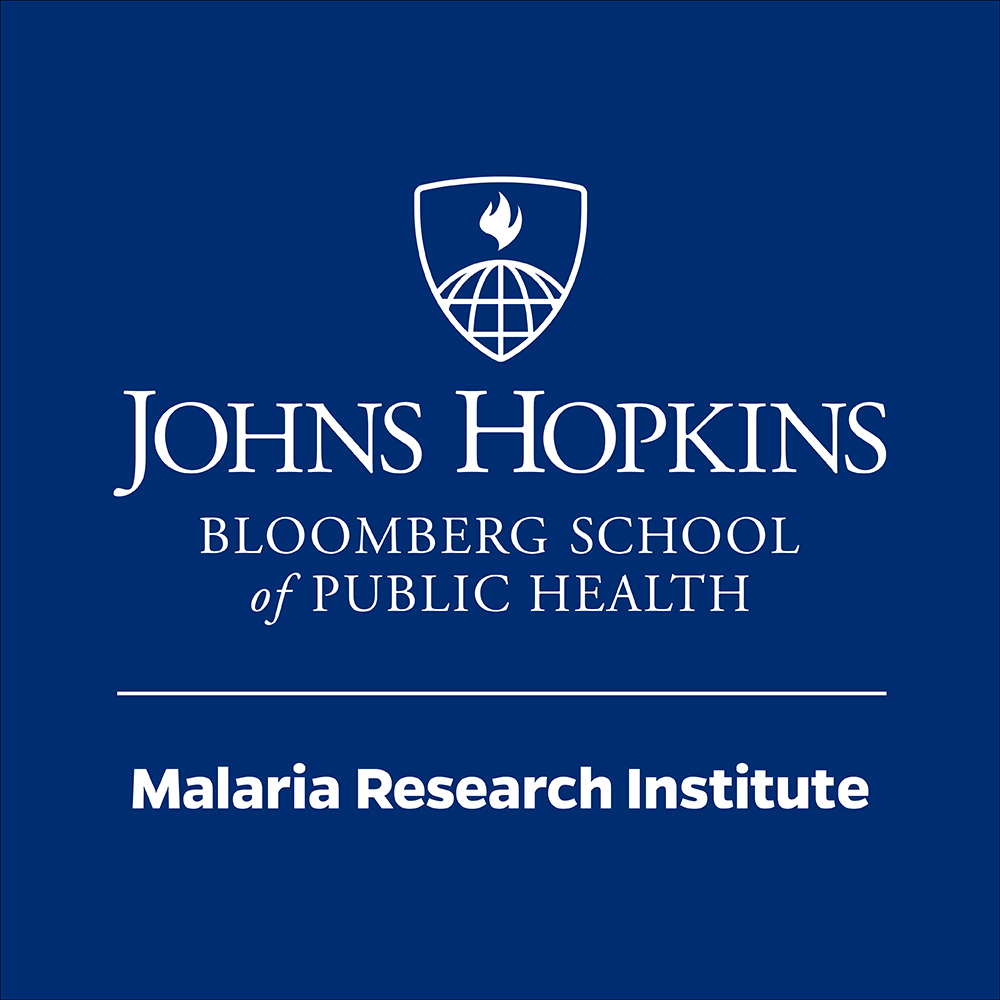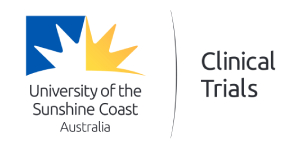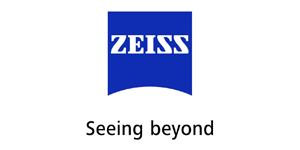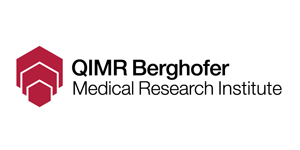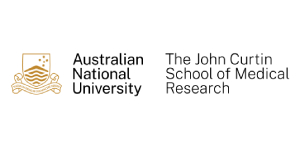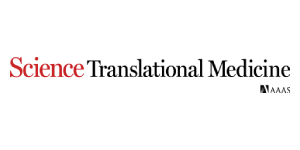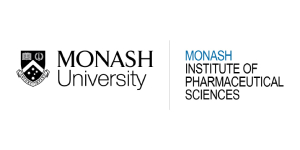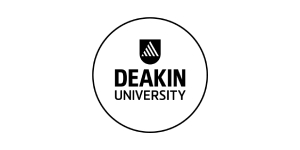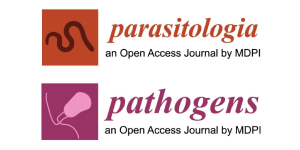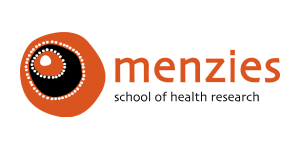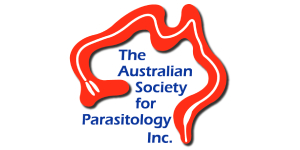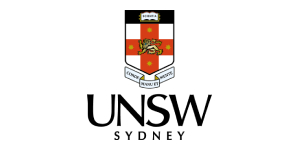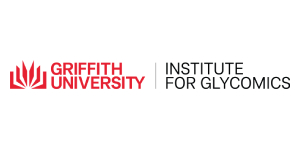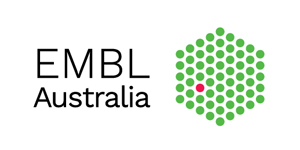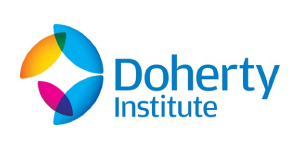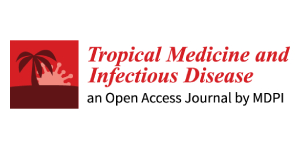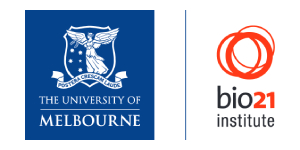Conference Partner
The Walter and Eliza Hall Institute of Medical Research is one of Australia’s leading medical research institutes and addresses major health challenges including cancer, infection, inflammation, immune disorders, development and ageing. It is at the forefront of research innovation, with strong commitment to developing new medicines, diagnostics and investing in research computing. Following 40 years of malaria research, our multidisciplinary researchers are improving how malaria is diagnosed, treated and prevented, aiming to advance malaria elimination.
Principal Sponsor
The Johns Hopkins Malaria Research Institute conducts fundamental research at the Bloomberg School of Public Health in Baltimore, U.S.A, and field research at the Macha Research Trust in Zambia and other malaria endemic countries in Africa, southeast Asia and elsewhere. Globally, it is one of the most comprehensive research endeavors focused on malaria, advancing science to discover new drug targets, develop vaccines, and identify innovative strategies to prevent and control the disease.
Gala Dinner Sponsor
UniSC Clinical Trials, through strategic partnerships with healthcare professionals across the Sunshine Coast, Moreton Bay, and Brisbane is strongly positioned to provide expert services in conducting all phases of drug and device clinical trials across an expanding portfolio of therapeutic areas.
We match each study to Principal- and Sub- Investigators who are experienced in the study’s field, drawing from a knowledgeable pool of physicians with years of collective clinical trial experience.
With more than 40 drug and device studies completed and ongoing across phases I to IV, UniSC Clinical Trials possesses the experience required for your study.
Barista Cart Sponsor
Burnet Institute is an Australian-based medical research and public health institute, and international non-government organisation (NGO) working towards a more equitable world through better health. Burnet undertakes a range of programs across the Indo-Pacific region and in Africa that focus on global health issues in the areas of Disease Elimination, Health Security and Pandemic Preparedness, and Maternal, Child and Adolescent Health. Through engagement with a broad range of communities and stakeholders, Burnet develops laboratory-based and social research programs, policies and products that deliver better health outcomes so no-one is left behind. To find out more go to www.burnet.edu.au
Name Badge and Lanyard Sponsor
As a leading manufacturer of microscopes ZEISS offers inspiring solutions and services for your life sciences and materials research, teaching and clinical routine.
With its unique portfolio, constant innovations and strong partnerships, ZEISS Microscopy enables leading researchers to find answers to our society’s most pressing challenges and drive scientific discovery forward. A dedicated and well-trained sales force and a responsive service team enable customers to use their ZEISS microscopes to their full potential.
Welcome Reception Sponsor
QIMR Berghofer has earned its place among Australia’s top medical research institutes with an enviable reputation for ground-breaking and transformative health discoveries.
Since 1945, we have embraced new techniques and technologies to advance medical science, leading the way to significant innovation in health – and in doing so, offering hope for a healthier, better tomorrow.
Keynote Speaker and Oral Prizes Sponsor
The John Curtin School of Medical Research (JCSMR) is Australia’s premier medical research institute, renowned for its ground-breaking contributions to immunology, cancer research, genomics, neuroscience, infectious diseases, and metabolic disorders. With a prestigious history featuring three Nobel Laureates and a wealth of distinguished researchers, JCSMR is committed to conducting cross-disciplinary research to tackle pressing health challenges in our community.
Keynote Speaker Sponsor
Science Translational Medicine is the leading weekly online journal publishing translational research at the intersection of science, engineering and medicine. The goal of Science Translational Medicine is to promote human health by providing a forum for communicating the latest research advances from biomedical, translational, and clinical researchers from all established and emerging disciplines relevant to medicine.
Keynote Speaker Sponsor
The Australian National University (ANU), situated in the Australian capital city of Canberra, is one of the world’s foremost research and teaching universities. The ANU comprises seven academic Colleges spanning a variety of disciplines. The ANU has a strong malaria research capability, with more than ten laboratories researching malaria parasite biology, treatment, diagnosis and epidemiology within the Research School of Biology, John Curtin School of Medical Research, and other Schools within the College of Science and the College of Health and Medicine.
Keynote Speaker Sponsor
The Monash Institute of Pharmaceutical Sciences (MIPS) is comprised of over 400 scientists engaged in research in drug discovery, design, delivery and use. Our therapeutic strengths lie in global health, neuroscience and mental health, cardiovascular and metabolic health. We are committed to research translation and have made major contributions to collaborative drug discovery programs that have progressed more than 30 novel drug candidates into clinical development.
Keynote Speaker Sponsor
At Deakin University we translate research into impact through partnerships with private sector, non-for-profit organisations, and government agencies.
Connecting world-renowned researchers with unique technical expertise we deliver practical, applied solutions solving complex social, economic and environmental challenges.
Our multidisciplinary expertise spanning four faculties, seven institutes, six specialist research centres, and 40 cooperative research centres has led us to become a trusted partner for more than 1,500 organisations across 65 countries and be ranked in the top 1% of universities worldwide for research impact.
To find out more visit www.deakin.edu.au/research
Keynote Speaker Sponsor
Journal Pathogens
Pathogens (ISSN 2076-0817) is an international, peer-reviewed, open access journal that publishes original research articles, review articles, communications on all aspects of pathogens and pathogen–host interactions.
www.mdpi.com/journal/pathogens
Journal Parasitologia
Parasitologia (ISSN 2673-6772) is an international, peer-reviewed open access journal of parasitology published quarterly by MDPI. It publishes research papers, reviews and communications related to parasite biology, with particular attention to the effects and physiological alterations to their hosts and vectors, and to the strategies implemented by parasites to transmit between hosts and counteract their immune defences.
Lifecycle Biology – Transmission Session Sponsor
Open Philanthropy is a philanthropic funder, founded as a partnership between GiveWell and Good Ventures. Our mission is to help others as much as we can with the resources available to us. Open Philanthropy has recommended many grants to support work on malaria interventions, as well as other work aimed at saving and improving lives in low- and middle-income countries.
Refreshment Break Monday & Tuesday Sponsor
Menzies School of Health Research (Menzies) is one of Australia’s leading medical research institutes dedicated to improving the health and wellbeing of Aboriginal and Torres Strait Islander peoples and is a leader in global and tropical health research into life-threatening diseases.
With a history of over 35 years of scientific discovery and public health achievement, Menzies continues its endeavour to break the cycle of disease and to reduce health inequities, particularly for disadvantaged populations.
Menzies works to translate its research into effective partnerships and programs in communities across Australia, the Asia-Pacific region and beyond.
Workshop Sponsor
The Australian Society for Parasitology Inc. (ASP) and the members promote parasitology with education, communication and support and recognition through mentoring, advocacy, publications, scientific journals, the website and social media, awards, the annual conference, courses, collections and curations, and outreach. Founded in 1964, the ASP is an inclusive, vibrant, and influential Society, recognised both as a trusted source of expertise and information on parasite biology and control, and for its leadership in promoting and sustaining parasitology research and education for global benefit.
Poster Sessions, Oral Presentation and Poster Prizes
Launched in 2002, Malaria Journal is a fully Open Access journal aimed at the scientific community interested in malaria in its broadest sense. It publishes exclusively articles on malaria and, as such, it aims to bring together knowledge from the different specialities involved in this very broad discipline, from the bench to the bedside and to the field. Malaria Journal publishes timely Collections and has a strong open data policy to help forge interdisciplinary collaboration and steer us towards a malaria free future.
Poster Sessions Sponsor
Griffith University’s Institute for Glycomics is a world leader in the discovery and development of next-generation drugs, vaccines and diagnostics that fight diseases of global impact. The Institute places a strong emphasis on translational research and commercialisation.
A team of scientists based at the Institute, led by Professor Michael Good AO and Associate Professor Danielle Stanisic, is developing a world-first, novel approach, ‘whole parasite’ blood-stage malaria vaccine candidate which is currently in human clinical trials.
Poster Sessions Sponsor
Rotarians Against Malaria (RAM) is a national Rotary activity of RAWCS – Rotary Australia World Community Service Ltd. RAM supports projects that aim to control and ultimately eliminate malaria. We work with government health programs in our partner countries, and follow the recommended WHO guidelines on the best strategies for control and elimination.
Most of the projects we support are in the area of vector control, i.e. reducing the mosquito population and the opportunity for mosquitos to bite humans and thus spread the malaria parasite. The main RAM expenditures are for the provision and distribution of Long Lasting Insecticide-treated Nets (LLINs); Indoor Residual Spraying (IRS); environmental improvements such as through the Healthy Villages project. We also train community health volunteers to participate in mass LLINs distribution and malaria education.
Who are our partner countries?
- Papua New Guinea – RAM PNG is a partner of RAM in Australia
- Solomon Islands
- Timor Leste and the adjoining Indonesian province of NTT in West Timor
- Vanuatu
Oral Presentation and Poster Prizes Sponsor
EMBL Australia is a life science network that supports ambitious research projects, provides access to infrastructure and training to early-career Australian scientists and maximises Australia’s membership of the European Molecular Biology Laboratory (EMBL), Europe’s flagship life sciences institution.
Supported by the NCRIS program, EMBL Australia has:
- a Partner Laboratory Network of 13 research groups led by outstanding early-career researchers across Australia;
- a nationwide reach via student training programs; and
- access to international linkages through our European counterparts.
Conference Supporter
Finding solutions to prevent, treat and cure infectious diseases and understanding the complexities of microbes and the immune system requires innovative approaches and concentrated effort. This is why The University of Melbourne – a world leader in education, teaching and research excellence – and The Royal Melbourne Hospital – an internationally renowned institution providing outstanding care, research and learning – have partnered to create the Peter Doherty Institute for Infection and Immunity (Doherty Institute); a centre of excellence where leading scientists and clinicians collaborate to improve human health globally.
Conference Supporter
Tropical Medicine and Infectious Disease (ISSN 2414-6366) publishes authoritative and original articles, critical and systematic reviews, editorials, perspectives, short communications, commentaries, book reviews, letters to the editor and Special Issues on all aspects of tropical medicine and infectious disease. Our aim is to encourage scientists to publish their experimental and theoretical results in as much detail as possible. There is no restriction on the maximum length of the papers. The full experimental details must be provided so that the results can be reproduced. There is, in addition, a unique feature of this journal:
We accept studies showing meaningful but negative results. While there are many journals that focus on tropical medicine and infectious disease studies, none of them actively accept negative results. As a result, most negative data do not end up in the public domain, even if the data were meaningfully negative and the study was well-designed. By accepting such negative results, our journal encourages scientists to share these data, so that they will not need to repeat experiments that somebody else has already done.
Conference Supporter
Bio21 Molecular Science and Biotechnology Institute is a flagship University of Melbourne interdisciplinary institute focused on molecular life sciences. Bio21 hosts more than 800 members with membership from all the STEM faculties of the University. Bio21 hosts some of the biggest and most successful platforms of scientific equipment in the nation. It is also well known for its embedded industry tenant model that capitalises on the discoveries made at the University and its partners in the Melbourne Biomedical Precinct.


